“A good craftsman never blames his tools” is a popular adage in golf, yet not always accurate. Yes, the golfer made the erroneous swing, but perhaps the clubs are what lead to that wayward, missed shot. How so, you ask? Here are 10 potential problems with your golf equipment.
By Joel Beall
1. Not feeling groovy
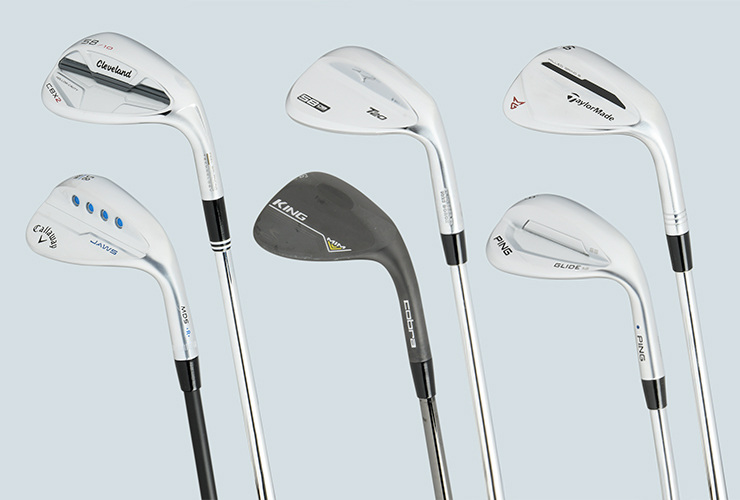
Unable to create spin or control on wedge shots? There’s a chance your grooves are frayed and weathered. If you play 40 rounds annually and practice regularly, you need to switch out your wedges every season or two.
2. Don’t get shafted

If well-struck shots don’t feel solid, or your ball trajectory is low and fading, your club shaft may be too stiff. On the other end of the spectrum, if your shots tend to go too high or draw uncontrollably, the shafts are likely too flexible. Golf Digest analysis shows that many golfers would benefit from a lighter shaft, particularly when it comes to the driver.
3. Losing your footing
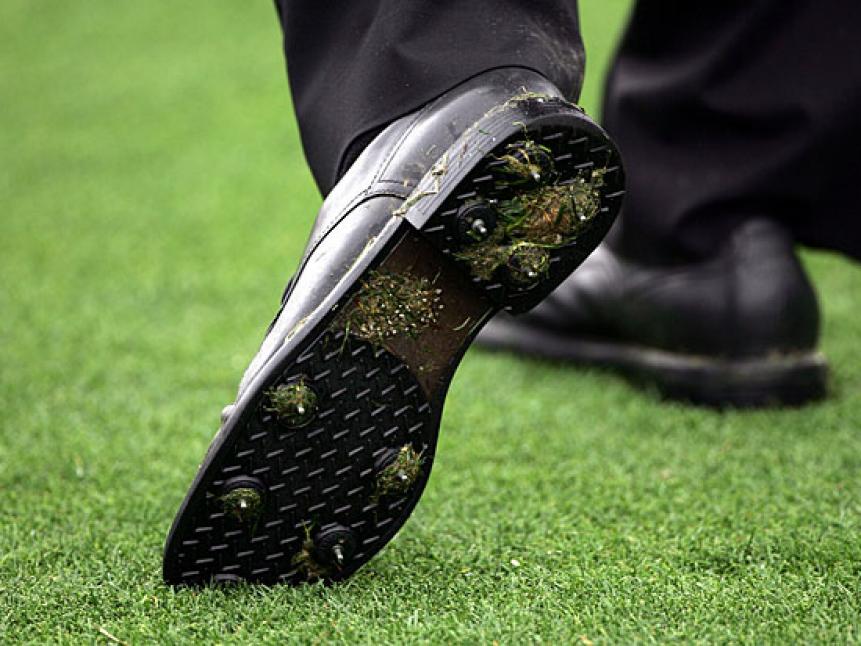
Some golf cleat companies recommend changing spikes every 10 rounds. While that may be a tad excessive for the average player, you should replace your spikes at least once a summer for ideal traction.
4. Lofty ambitions
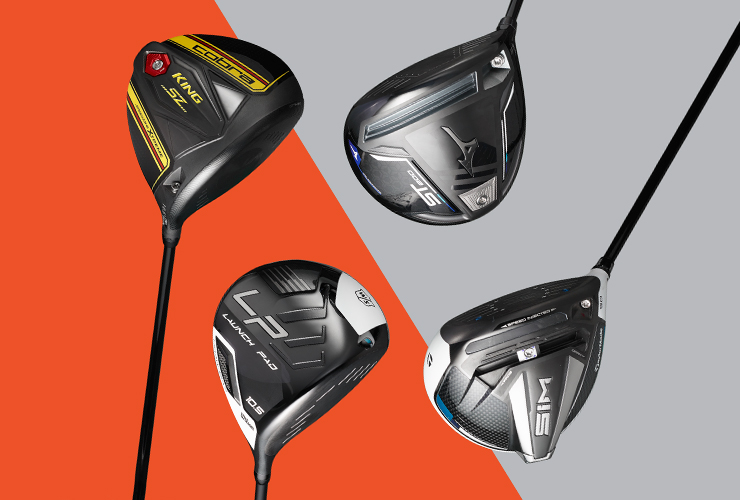
A Golf Digest study of better golfers (0-12 handicaps) found that 70 per cent were using the wrong loft, with most testers needing more loft. Why does that matter? According to a robot test by Golf Laboratories Inc., missing the correct loft on your driver by 1.5 degrees can cost the average player 18 yards of distance.
5. Getting a grip
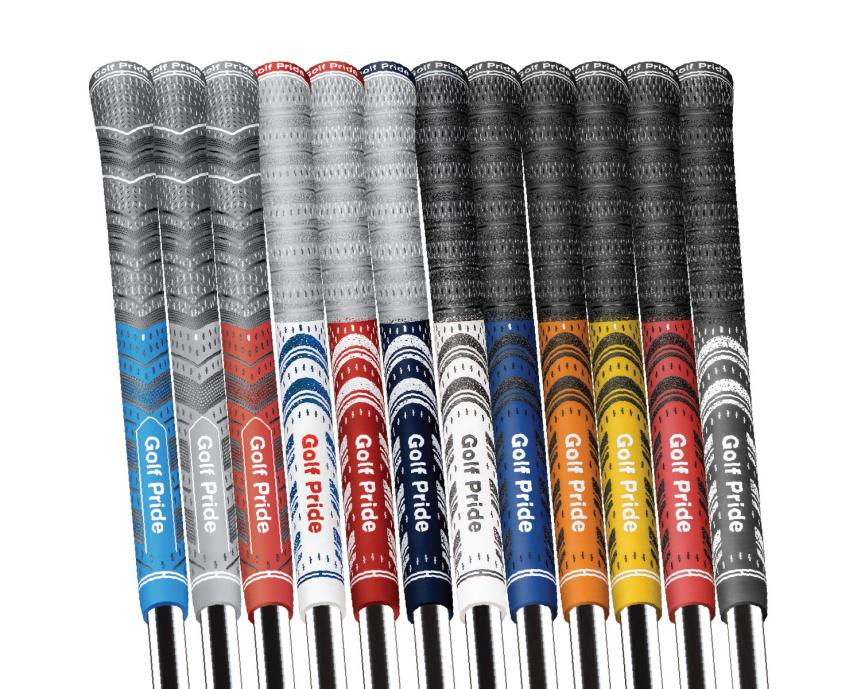
A two-pronged problem when it comes to grips. The first is fitting. A common misconception is the size of your grip is correlated to hand size. Rather, it’s your swing that should dictate your grip measurement. The next issue involves wear and tear. According to Golf Pride, grips need to be changed every 40 rounds or once a year. Worn-out grips can lead to unsecured handles, causing mis-hits.
6. Iron out the kinks
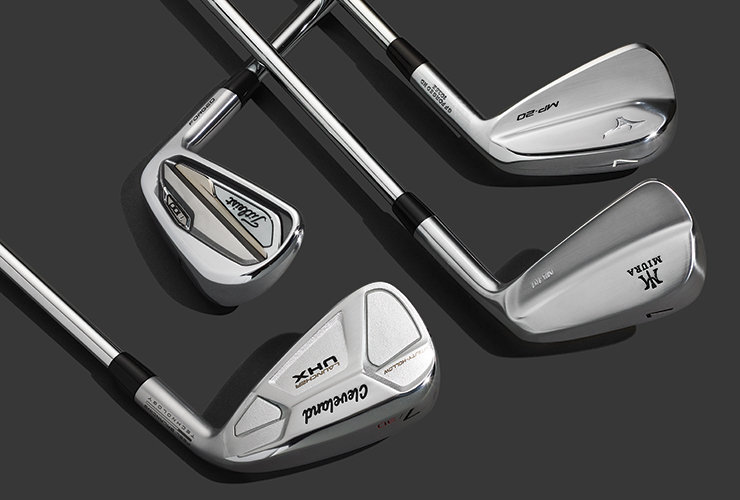
Muscleback irons undoubtedly have a beautiful aesthetic, and they offer more workability for a ball’s shape and trajectory. But unless you’re playing on the PGA Tour, blades are not for you. If you’re struggling with iron play, it’s time to head to a more forgiving club design. Even high single-digit handicappers could benefit from using a game-improvement iron. Losing the blades may take a shot at your ego, yet it will also lower your scores.
7. Going hybrid
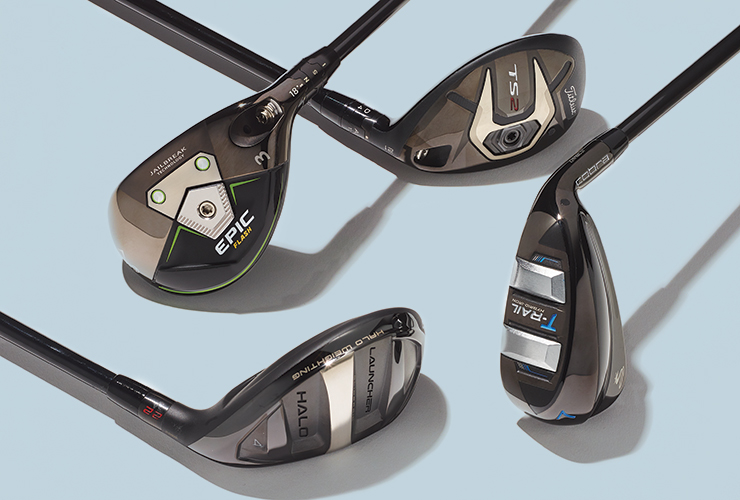
Dread the long-iron shot? You’re not alone. If you have a moderate-to-average swing speed, or are simply wild with anything below a 4-iron, a utility club — thanks to perimeter weighting and slim sole — can tighten your dispersion and allow better dig on your shots.
8. Different strokes for different folks
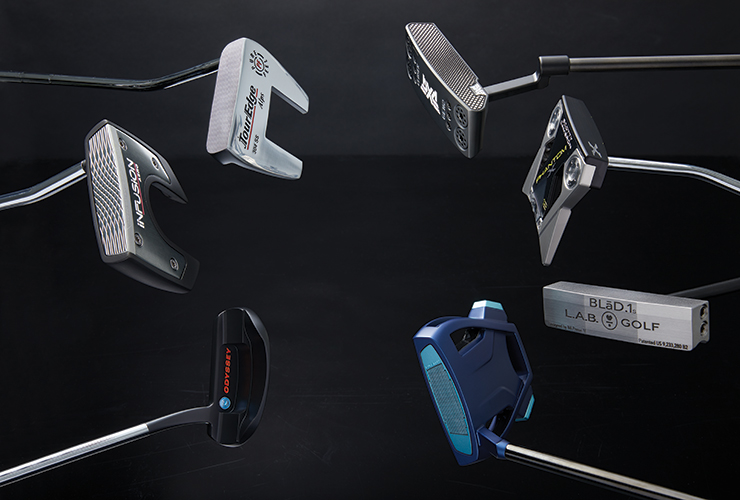
Putters are often picked because of feel. Although that’s an important aspect of the selection process, it’s not the sole factor in the equation. If you feel like your stroke is wobbly or produces off-centre hits, the moment of inertia benefits afforded by the extreme perimeter weighting in a mallet-style head could be for you. Conversely, if you boast a more free-wheeling path, the blade belongs in your bag.
9. The ball’s in your court
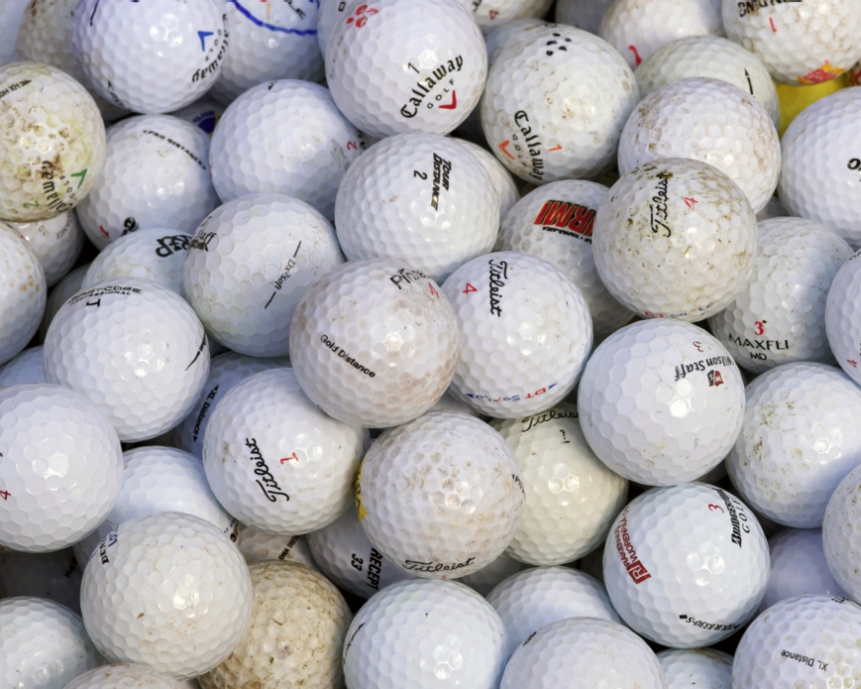
While the most expensive balls tend to be the best, that doesn’t mean you necessarily have to drop $50 for a dozen rocks. From our ball findings: “Pay the most you can until you and your skill level stop noticing a difference in performance. But it’s not just your handicap. Fact is, if you miss a lot of greens, you might need an expensive, high-spinning ball to help you get up and down more often. That said, don’t buy multilayer balls with urethane covers until you can get through a round without losing two sleeves. That’s not ball-fitting, that’s economics.”
10. Go to any (shaft) length
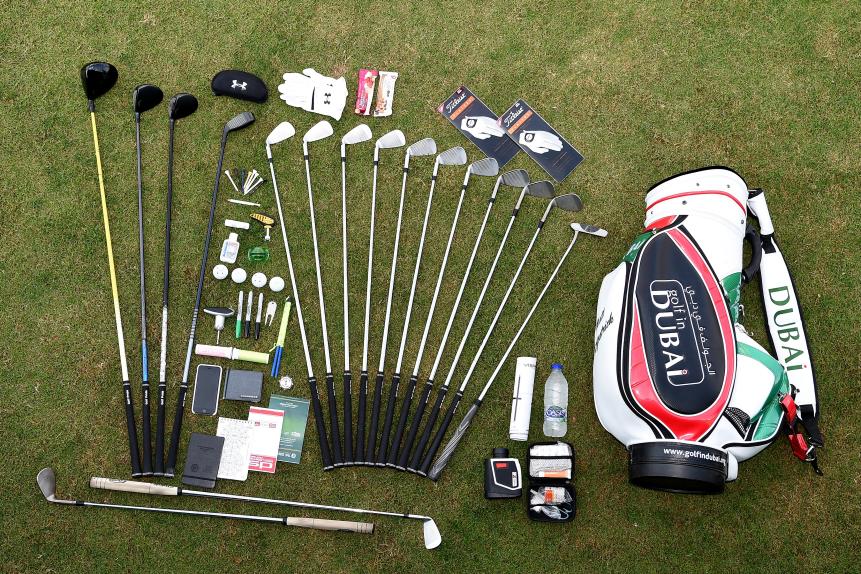
The percentages vary from club fitters, but many agree a large portion of customers are playing shaft lengths ill-suited for their swing. If you feel like you’re too crouched or upright at address, or have an usual amount of thinned or chunked shots, there’s a good chance the problem lies with your shaft length. A visit to your local pro or club fitter will get you back on track.








